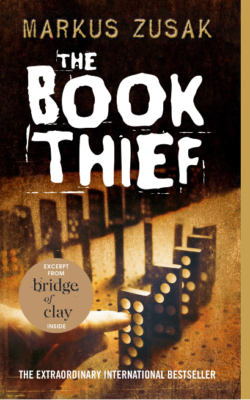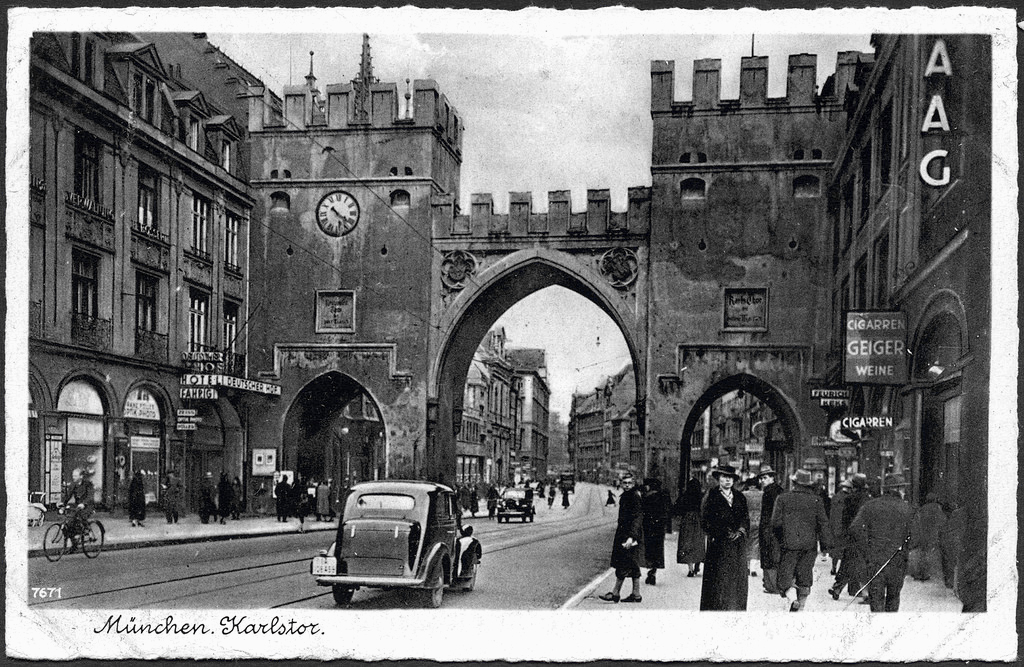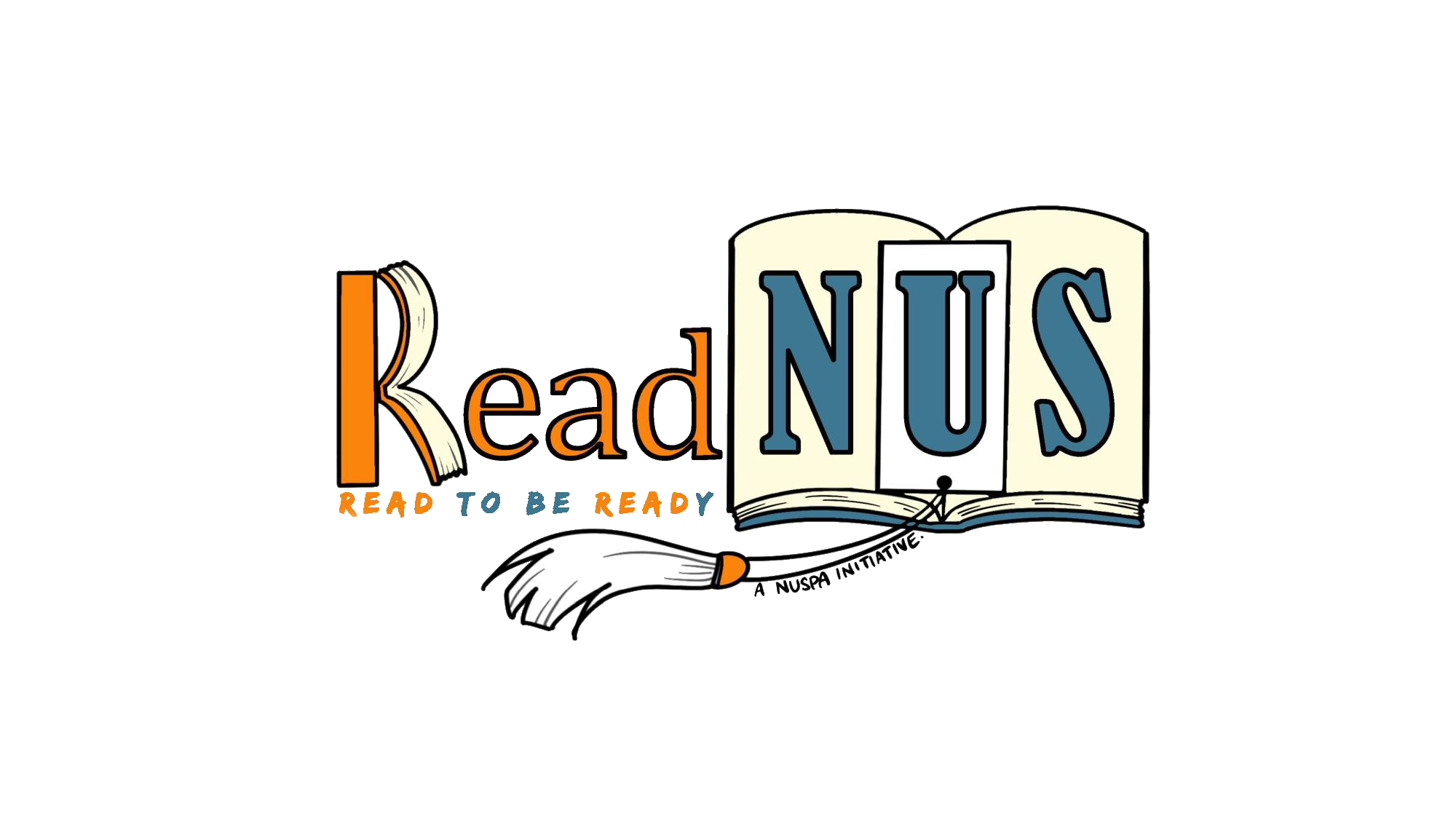The Book Thief: A Thematic Analysis

I bought The Book Thief when I was a teenager, and for some reason, the book has been resting on my bookshelf as I kept putting off reading it. From the blurb, one realises that the book is set in Nazi Germany. As much as the books about these periods are beautiful, they are often extremely sad. Moreover, as someone who prefers to be teleported into the realms of fantasy, picking up the Book thief was hard. Secondly, The Book Thief is a highly rated book. What if the book did not meet my expectations? There were other books that I could totally delve into at any moment. For these reasons, I kept ignoring the call to read The Book Thief. As time passed, my urge to read The Book Thief decreased. Being a young adult in university, I felt that I may have outgrown the book. Yet, despite all the reasons to not read it, I could never quite donate the book. The truth is that I am highly glad I didn’t. During the summer holidays in university, I finally read the book. Is the Book Thief a book that invoked sadness? It is. Did I feel that I was too old for the book while reading it? Yes, I did. Did the book meet the high ratings that it was given? Definitely. The Book Thief was a good read.
First and foremost, you need to know that this book is narrated by Death, which is appropriate given that it is set in the war. Death is quite a character. ‘He’ is not only an occurrence in people’s lives, but a character that certainly has a lot to say about how he is haunted by humans and when ‘his’ job gets tiring. Death paints the colors of the sky extremely vividly, in ways that in all honesty, I have never seen the sky in. ‘He’ realizes that a day merges through a multitude of shades and intonations, with each passing moment.’ The consistent usage of various colors often contrasts with the bleakness of war and the rigidity of the Nazi regime, allowing one to understand that even during periods of war and an oppressive regime, colors and beauty continue to exist. While some would argue that the usage of Death as the narrator was unnecessary, I did enjoy it because it often offered a detached nature from the characters in the book. He often reveals the deaths of characters even before it occurs. Thus, the suspense often isn’t in whether a character would die, but instead, in how the character lives. As death and war is a significant part of the book, very naturally survivor’s guilt is something that haunts many characters. From Hans Hubermann, who sheltered a Jewish man due to his survivor’s guilt, to Michael Holtzapfel who commits suicide due to his guilt for living while his brother died in the war, survivor’s guilt and the grievances one faces as a result of the multiple deaths from war becomes a normal feature.

From the beginning, the power of literacy, ideas and books are extremely important. The book is separated according to various parts, each part representing a book that is important to Liesel at a particular point in time. For instance, the first book, The Gravedigger’s Handbook, reminds Liesel of the last time she saw her brother and her mother, whose death and separation haunts Liesel for some time. Liesel’s inability to read or write causes her to be separated from the rest of her age group in school, as she is placed with younger students. However, her foster father, Hans Hubermann, teaches her to slowly read and write with paint and sandpaper. While The Gravedigger’s Handbook certainly reminded her of her loss, the book is also important because it allows her to bond deeply with her foster father, who is there to teach her patiently. Similarly, the second part was titled The Shoulder Shrug. This book is significant because it was stolen from a pile of burnt books. As the Nazi Regime gained traction, books that were deemed as a threat to the regime were burnt, due to the fears that ideas from books could undermine the regime. Hitler attained power through democracy. Specifically, he gained power through his ideas and words. Liesel’s theft of The Shoulder Shrug, a book where a Jewish man is a hero, could spread ideas that were opposed to the Nazi ideology. Books, words and ideas tended to take on a personality of their own in the book, creating strong relationships between characters. The importance of books, ideas and words to the creation and the subversion of the Nazi Regime becomes apparent through the Book Thief.

In order to blend in with the oppressive nature of the Nazi Regime, many of the characters have two sides to them. The first duality we see in the book would be none other than Liesel’s best friend, Rudy Steiner, a boy known on Himmel street as crazy due to “‘The Jesse Owens incident’ in which he painted himself charcoal-black and ran (a) hundred meters at the local sporting event.” During the 1936 Berlin Olympics, despite winning the 4 X 100-metre relay, Hitler had refused to shake Owen’s hands simply because he was black. His four-medal victory had made an impact on the world, and in the book, on Rudy. Due to his love for running and his desire to emulate his idol, he smeared himself with charcoal and practiced his sport. In the Nazi Regime, looking anything less than Aryan, well, for the lack of a better word, was dangerous. Towards the end of the book, Rudy becomes an exemplary runner who is selected for special training for the Nazis but in his heart despises Hitler. Rudy and the Hubermanns who shelter Max are examples of people who lead almost dual lives in order to survive.
Whilst Rudy and the Hubermanns are people who take a stand against Nazism in private, they portray themselves to be cooperative with the regime publicly. The character of Alex Steiner, Rudy’s father, is interesting. As Death narrates, Alex Steiner is glad that the Jews are out of business, but perhaps did not believe that they should be driven out completely. He was part of the Nazi Party because it would help his family. However, deep down in his heart, he knew that something was wrong, but never bothered to uncover what his support for the Nazi Party would truly mean. While Alex Steiner is certainly not one of the main characters in the book, his character is interesting because it shows someone who knows that anti-Semitism is wrong yet is willing to support the Nazi party because of the benefits that it was supposed to bring him such as continued employment as a tailor and the lack of Jewish competitors. However, he soon realizes that the lack of Jewish competitors also meant the lack of Jewish customers. His character provides insights on how many are willing to support hatred and bigotry if they were able to attain some form of privilege. While Alex Steiner’s position at the end of the book is not enviable, his flaws are important in allowing one to understand why normal people succumb to supporting oppressive regimes. The various characters from those who support the regime to those who are either victims or are defiant of the regime enable one to understand the varying feelings that occurred in Germany during the Nazi Regime.
The Book Thief by Markus Zusak is a good read, even as an adult because it highlights the lives of ordinary citizens under an oppressive regime and the brutalities of war. The book also is able to showcase the conflicting values that are often present within an individual, the presence of cruelty and kindness within an individual and society at large, and the power of words and ideas in changing the world.
By Preeteashwari Jeyaseelan
ReadNUS Events Team
